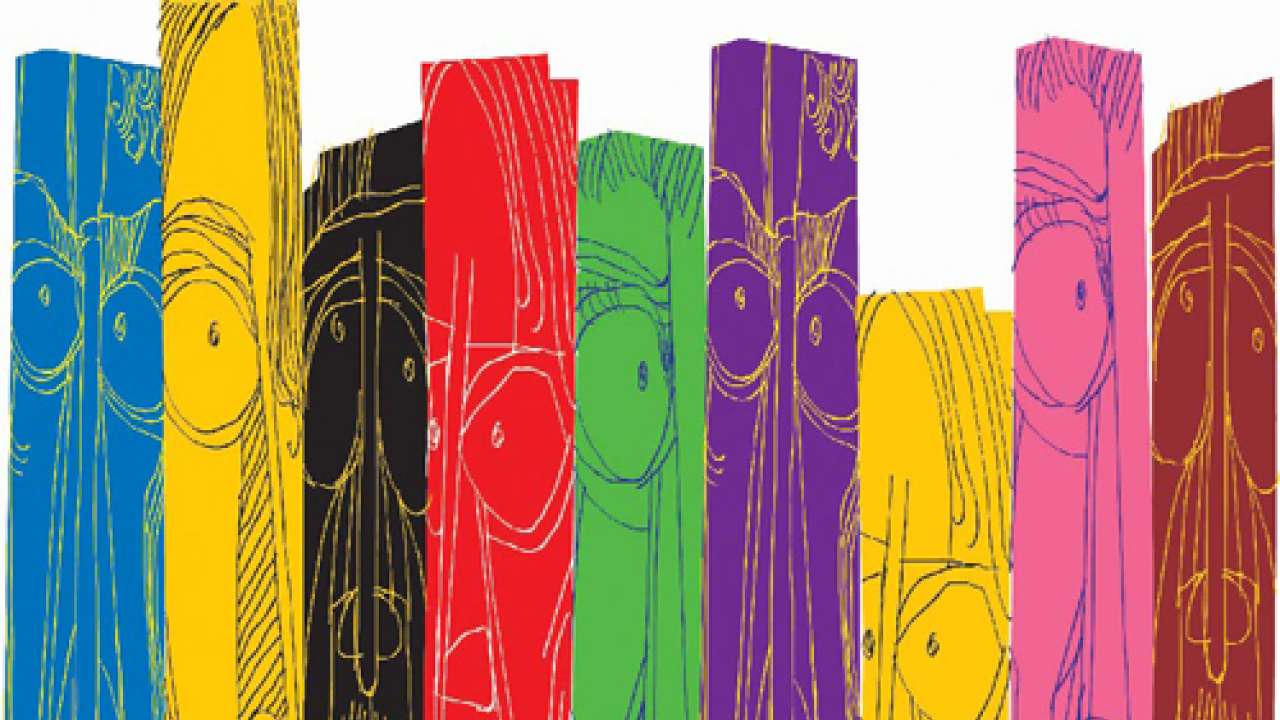
Democracies can be dangerous to their own people. Consider the democratically elected governments of Russia, Uganda, and Nigeria, who are lethal threats to their own citizens of alternative sexual orientations; or, the democratically elected Hamas government of Palestine, which used its own citizens as shields in war; or the elected government of the United States, which is presiding over one of the largest secret-surveillance regimes in the world.
But why look elsewhere? The world’s largest democracy, India, routinely abridges the rights of its own people, in favor of appeasement or majoritarian sentiments. Here, movies are censored or banned; artists, authors, and publishers become victims of scurrilous litigation; citizens are slapped with sedition charges for expressing unpopular opinions; segments of the adult Indian population is effectively branded as criminals for having unusual romantic inclinations; movie-goers are forced to endure national anthem recitations in theaters even though it does nothing to engender patriotism. The list goes on.
The Aam Aadmi Party chief Arvind Kejriwal positions himself as the voice of the “common man.” It is alarming that a man who wishes to preside over a nation as large and diverse as India regards a billion people as a monolithic, collectivist entity.
What’s more, underneath all the chaos of his campaign, Kejriwal holds the naïve conviction that the ills of government can be traced to the ill-intentions of the ruling class, and if only politicians had pure intentions, this country would do well.
But politics is the science of allocating power – and where power concentrates, there power corrupts.
Kejriwal may well believe his intentions are good and pure; but when one man’s intentions become another man’s law, it is necessary to examine these impositions of what is considered “good” and “pure.”
And such reductivist reflections of the “aam admi” are inescapably prone to the error of pandering to the masses at the cost of the unpopular – be they the alleged prostitutes of Khriki extension or the businessmen of Dalal Street.
The other candidates in the race are no less misguided. Each has their own systematic biases, which they conveniently project onto the 850 million+ voters of this country.
Modi has been opportunistically donning various hats –with the exception of the Islamic skull cap, which he conspicuously refused to wear– to pander to the audiences that attend his rallies. In a town-hall style meeting on Women’s Day, Modi correctly condemned discrimination against women, while in the same breath reinforced heteronormative gender roles for them. A few weeks earlier, in the wake of the race-related murder of Nido Tania, Modi again calibrated his response,dutifully expressing solidarity and sympathy with East Indian minorities, perhaps to bolster his pan-Indian appeal.
Yet, for a man hoping to be the messiah for all Indians, he has been deafeningly silent on the Supreme Court verdict that re-criminalizes more than 100 million people in this country with alternative romantic expressions. More notably, he has not found it necessary to distance himself from the official stance of the BJP against sexual minorities.
Meanwhile, the prince of Indian politics, Rahul Gandhi, roams around the country like a newfangled bohemian, making appropriate noises only short of singing Kumbayah with the people. When it comes to policy positions, he only knows vaguely that people need to be empowered and they should have the right to food, education, and jobs. He probably doesn’t believe it is his job to know how this can happen.Princes only command; the courtiers have to make things happen.
None of these politicians realize that leadership comes not when you become a slave to the whims of the majority—even if you brand them as “aamadmi.” The ramparts of law that protect individual rights in this country are fragile; and a true leader must seek to strengthen the laws that protect these rights, not pay obeisance to one pressure-group over the other.
A nation’s progress is the result of expanding individual liberties, protected by laws that act as a counterbalance to the concentration of powers.
The youth of India are looking to unleash their creative energies – to freely express, associate, trade, consume, live, and love, without the interference of the State or anyone else. They are looking for the restraints of constitutional law that guarantee the rights of even the smallest minority in the world – the individual – as the alternative to the current politics of majoritarianism and appeasement.
Unfortunately, however, the current crop of politicians appears to be tone deaf.
The writer is based in Mumbai. He is 32. You can follow him on twitter at @jerrystweet.